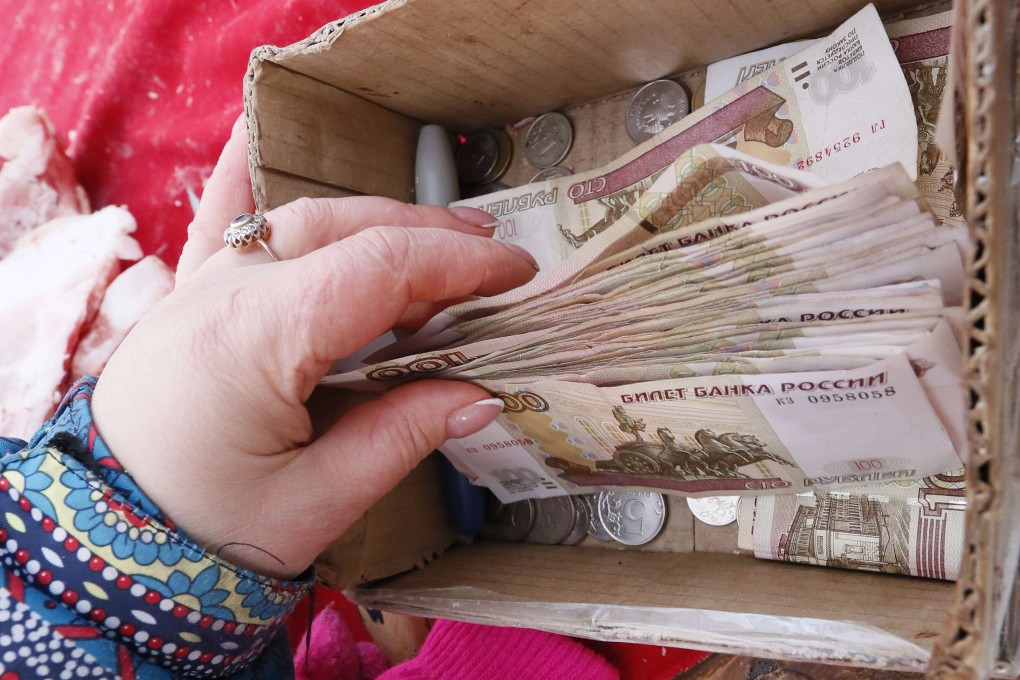
China is carefully monitoring the fallout from the collapse of Russia’s rouble currency and stands ready to act if necessary to keep economic linkages stable, the Ministry of Commerce said.
“Depreciation of the Rouble would inevitably exert influence on Sino-Russia economy and trade relations,” the ministry’s spokesman Shen Danyang said at a monthly press briefing. “We are closely monitoring and carefully analysing the development.”
“If there is a need from the Russia side, China is willing to offer necessary aids within its capacity,” he said, without elaborating.
But Shen noted that “Rouble’s exchange rate has begun to initially stabilise. China is fully confident that the Russian government has the capability to overcome the temporary difficulties and maintain stability of its domestic economic and financial situation.”
Russia’s economy is likely to contract this year, while Standard & Poor’s said it was considering downgrading the sovereign rating of Russia to junk status.